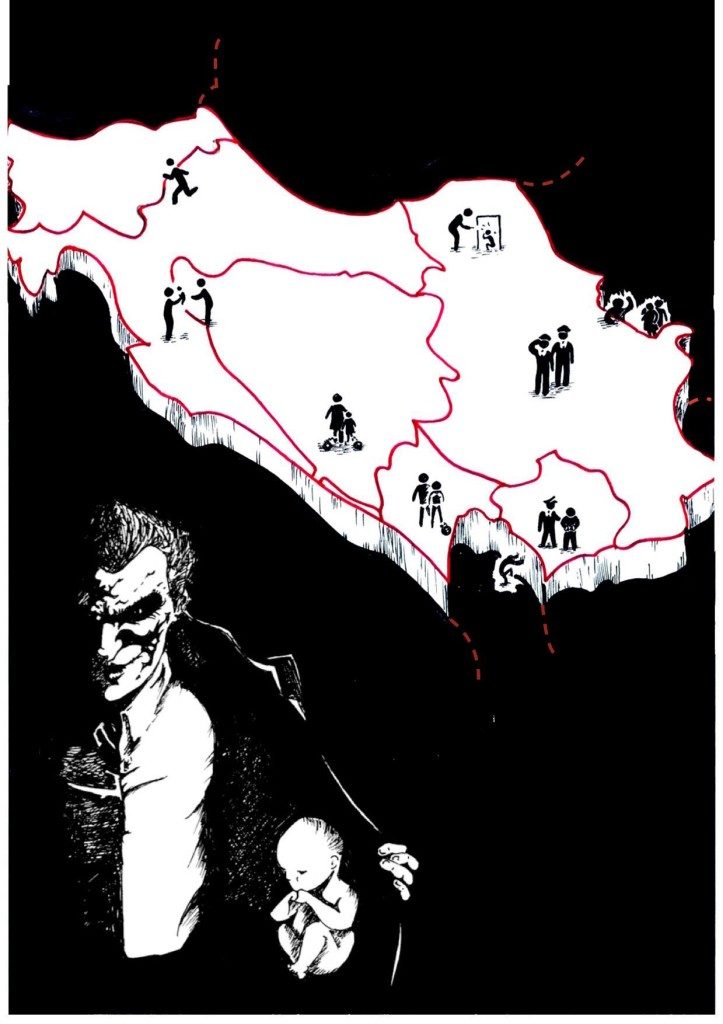
Human trafficking is endemic in the Balkans. The region offers ideal conditions: political instability; social and economic malaise; a prevalence of organized criminal networks; and a culture of corruption.
Human trafficking is endemic in the Balkans. The region offers ideal conditions: political instability; social and economic malaise; a prevalence of organized criminal networks; and a culture of corruption. In addition, most countries in the region have inadequate systems in place to monitor and document cases, leading to ineffective countermeasures that are further undermined by the lack of a coordinated regional response.






